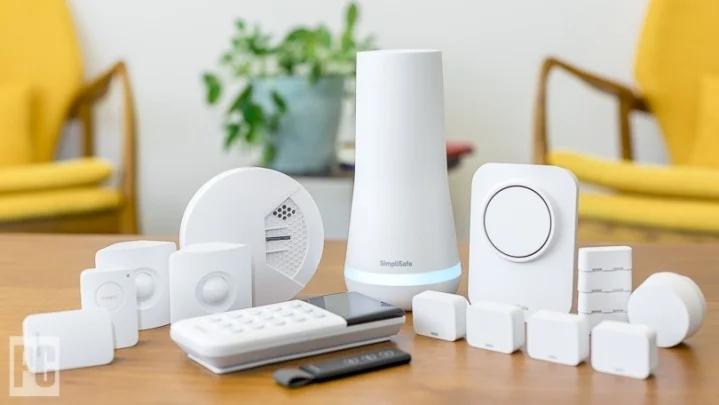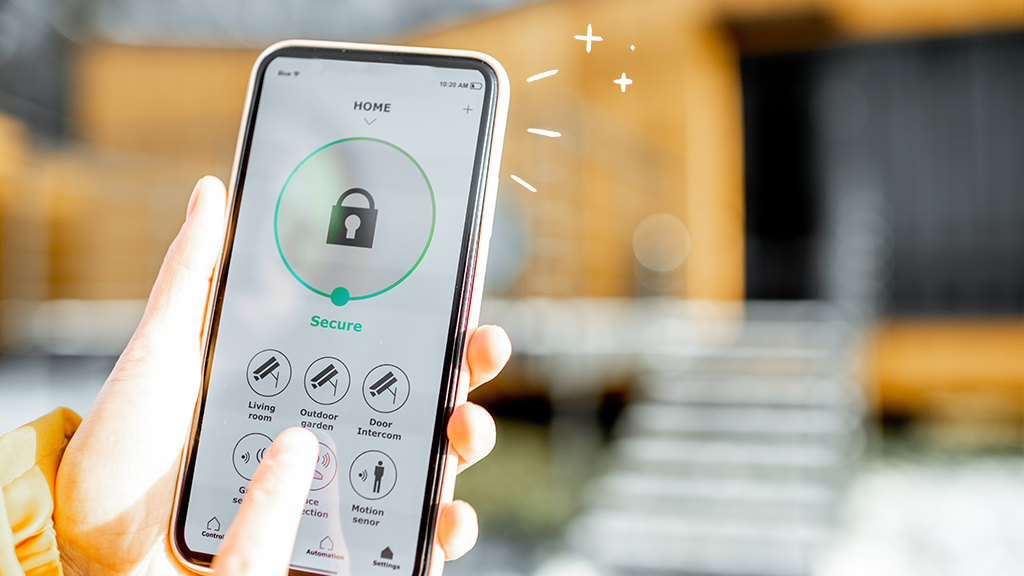Home Security Systems: Protecting Your Property and Loved Ones
In an age where ensuring the safety of your home and loved ones is paramount, home security systems play a crucial role in providing peace of mind and protection against potential threats. This article explores the importance of home security systems, the components of an effective system, popular types of security systems, and tips for choosing and maintaining a reliable setup.


Importance of Home Security Systems
1. Deterrence: Visible security systems, such as cameras and alarms, act as deterrents to potential intruders, reducing the likelihood of burglary and unauthorized access.
2. Remote Monitoring: Modern security systems offer remote monitoring capabilities via smartphones or computers, allowing homeowners to monitor their property in real-time and receive alerts for suspicious activities.
3. Emergency Response: Integrated systems can alert emergency services, such as police or fire departments, in case of a break-in, fire, or medical emergency, ensuring quick response times and potentially saving lives.
4. Insurance Benefits: Many insurance companies offer discounts on homeowner's insurance premiums for properties equipped with certified security systems, as they reduce the risk of property damage and theft.
Components of an Effective Home Security System
1. Surveillance Cameras: Video cameras installed indoors and outdoors provide visual monitoring of your property. Features may include high-definition video, night vision, and motion detection.
2. Alarms and Sensors: Entryway sensors, window sensors, and motion detectors trigger alarms when unauthorized entry or movement is detected, alerting homeowners and potentially scaring off intruders.
3. Control Panel: The central hub of the security system where users can arm or disarm the system, receive alerts, and communicate with monitoring services.
4. Remote Access: Smartphone apps or web portals allow homeowners to control and monitor their security system remotely, view live camera feeds, and receive notifications.
Types of Home Security Systems
1. Monitored Systems: Connected to a professional monitoring service that alerts authorities in case of an emergency. This service often requires a monthly subscription fee.
2. Unmonitored Systems: Alarms trigger loud sirens or alerts without notifying a monitoring service. They rely on neighbors or passersby to respond to the alarm.
3. Wireless Systems: Utilize Wi-Fi or cellular networks for communication between components, offering flexibility in installation and easier integration with other smart home devices.
4. DIY Systems: Do-it-yourself systems are typically easy to install and configure, allowing homeowners to customize their security setup without professional assistance.
Choosing and Maintaining a Home Security System
1. Assess Your Needs: Consider factors such as your home's layout, the level of security required, and your budget when selecting a system.
2. Research Providers: Compare features, pricing, and customer reviews from reputable security system providers or consult with a security expert for recommendations.
3. Regular Maintenance: Test your system regularly, replace batteries in sensors and cameras as needed, and update software to ensure optimal performance and reliability.
4. Educate Your Household: Ensure all family members understand how to operate the security system, including arming and disarming, and how to respond in case of an emergency.


Investing in a home security system is an essential step towards safeguarding your property, belongings, and loved ones from potential threats. Whether you opt for a professionally monitored system or a DIY setup, the benefits of enhanced security, peace of mind, and potential insurance savings outweigh the initial investment. By understanding your security needs, selecting the right components, and maintaining your system regularly, you can create a safer and more secure home environment for you and your family. Remember, proactive measures today can prevent potential security risks tomorrow.












